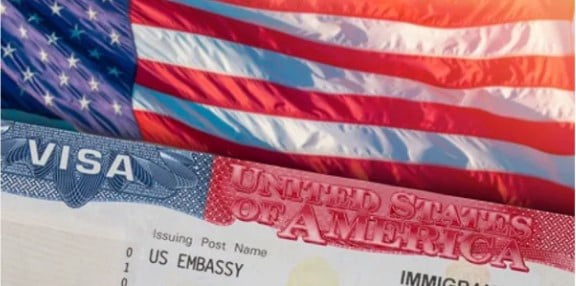Trump Administration Expands Immigration Crackdown
By: Dr. Kirkpatrick Williams
The Trump administration has intensified its immigration enforcement efforts by establishing the Office of Remigration and implementing more stringent visa policies, including comprehensive social media screenings. These measures aim to bolster national security and reduce illegal immigration but have sparked significant debate over civil liberties and international relations.
Office of Remigration: A Controversial Initiative
The newly formed Office of Remigration, situated within the State Department's Bureau of Population, Refugees, and Migration, is tasked with coordinating repatriation efforts and overseeing immigration-related policies. The term "remigration" has drawn criticism due to its associations with far-right ideologies advocating for the removal of immigrants to preserve national identity. Critics argue that the establishment of this office normalizes extremist rhetoric and could lead to racially motivated policies.
Enhanced Visa Scrutiny and Social Media Monitoring
In a move to tighten visa regulations, the administration has introduced policies requiring visa applicants, particularly students and visitors to institutions like Harvard University, to undergo social media background checks. Consular officers are now instructed to assess applicants' online activities for signs of antisemitism or violent behavior, with the absence of a social media presence potentially viewed as evasive.
Additionally, the Department of Homeland Security has expanded its use of artificial intelligence through the "Catch and Revoke" program, designed to identify and revoke visas of individuals whose social media posts suggest support for terrorist organizations. This initiative is part of a broader effort to enhance national security but has raised concerns about privacy and the potential for infringing on free speech rights.
Pros and Cons of the New Measures
Pros:
-National Security: Proponents argue that these measures strengthen national security by preventing individuals with extremist views from entering the country.
-Immigration Control: The initiatives aim to reduce illegal immigration and ensure that visa applicants are thoroughly vetted.
Cons:
-Civil Liberties: Critics contend that the policies infringe on privacy rights and could suppress free expression, particularly concerning the monitoring of social media activity.
-International Relations: The aggressive stance on immigration and the associations of the Office of Remigration with far-right ideologies may strain diplomatic relations and tarnish the U.S.'s global image.
Legal and Political Implications
The establishment of the Office of Remigration and the enhanced visa scrutiny measures are expected to face legal challenges from civil rights organizations concerned about potential violations of constitutional rights. Politically, these actions reinforce President Trump's commitment to stringent immigration policies, a central theme of his administration.
As the administration continues to implement these policies, the balance between national security and the protection of individual rights remains a contentious issue, with ongoing debates likely to shape the future of U.S. immigration policy.
